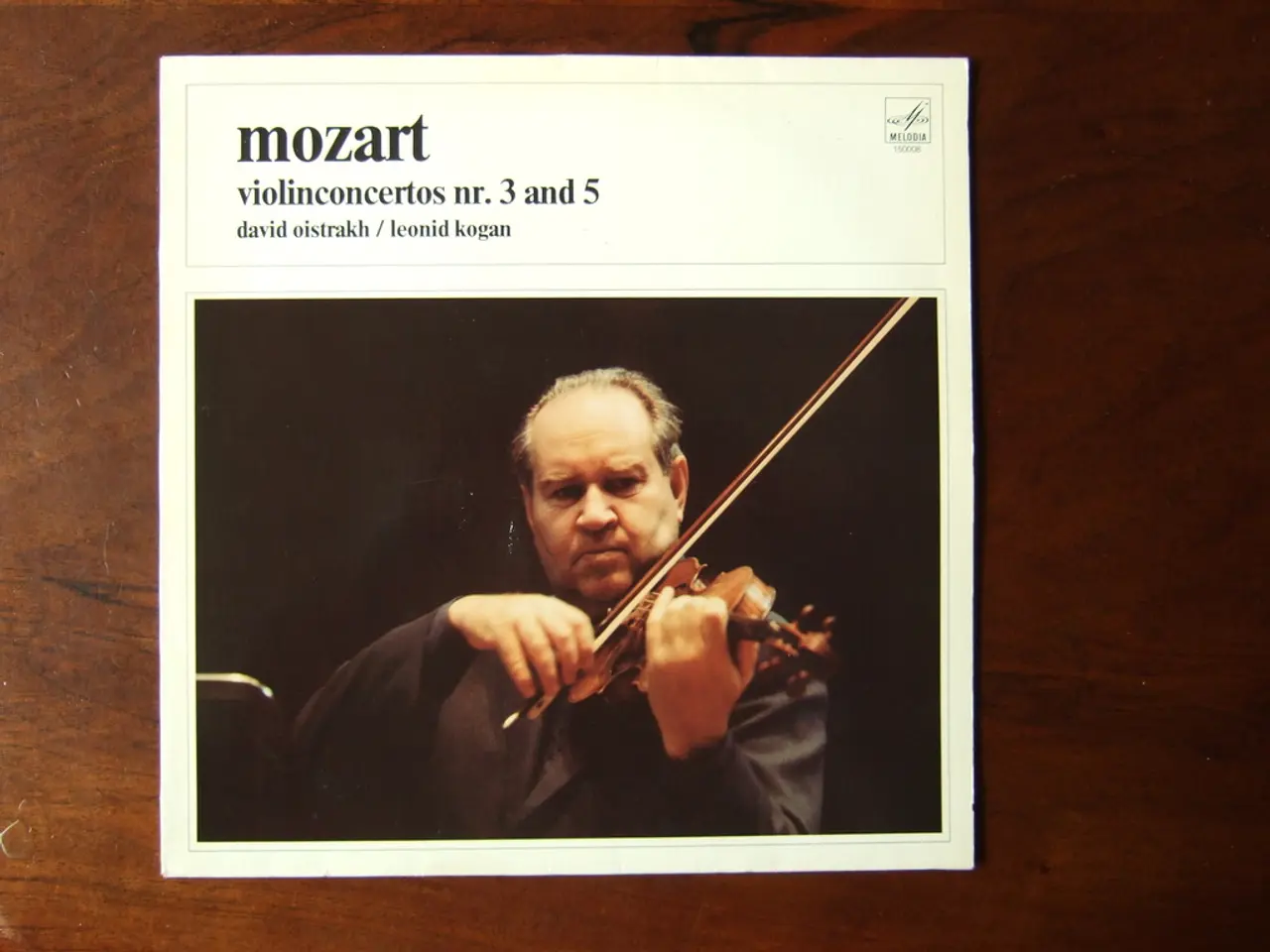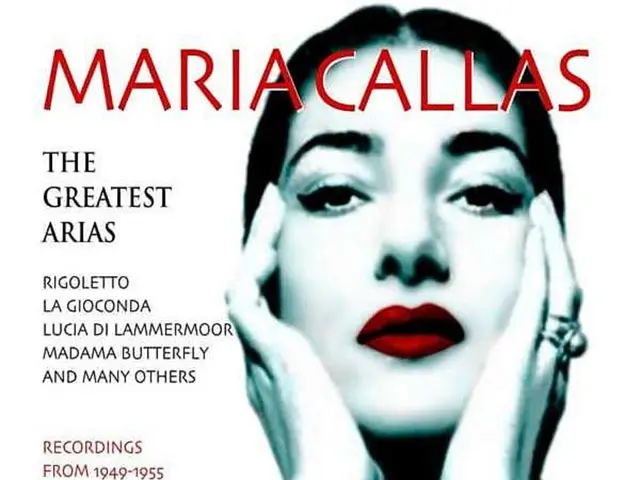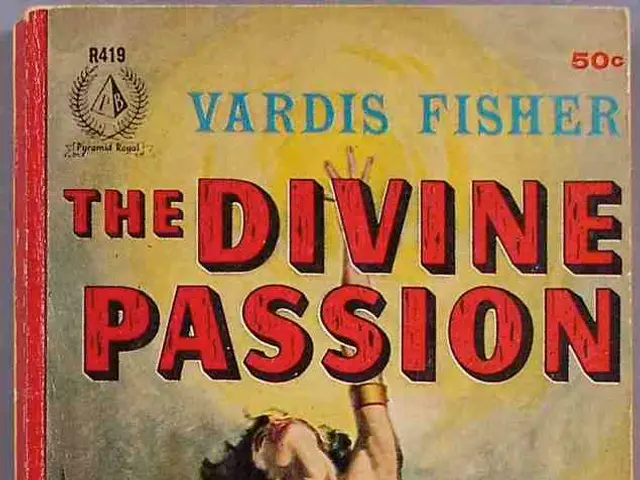Did Shakespeare incorporate authentic witch's curses within the play 'Macbeth'?
In the four centuries since its first performance, William Shakespeare's "Macbeth" has become synonymous with drama, both on and off the stage. The play, known for its themes of deceit, murder, manipulation, and dark acts, has a reputation that extends beyond its powerful narrative.
The play's curse, a belief perpetuated by numerous incidents of mishaps and accidents, is a topic of intrigue for many. Some attribute these incidents to the dimly lit, foggy conditions and numerous fight scenes that characterise the production.
One of the most infamous incidents occurred during the first performance in the early 1600s, where the actress portraying Lady Macbeth fell ill and died onstage. Since then, live productions of "Macbeth" have encountered various issues, including costume malfunctions, illness among actors, and injuries among crew members.
The play's association with a legend of a curse from an actual coven is rooted in the three witches' prophecies to Macbeth. Their incantations, left ambiguous and symbolic, have fueled speculation that they were genuine curses. However, it is important to note that the "Weird Sisters," as they are commonly known, are not historically tied to any real witch cult. Their identities remain symbolic rather than tied to specific historical witches.
The accumulation of these problems over the thousands of times "Macbeth" has been performed has led to the belief that the play is cursed. This belief is further supported by incidents such as the one in 1849, where theatergoers became so caught up in the action that they formed angry mobs, leading to a riot that resulted in more than 30 deaths.
Famous actors like Laurence Olivier and Charlton Heston have also experienced close calls during performances of "Macbeth." Despite these challenges, the play continues to captivate audiences and actors alike, making it a testament to Shakespeare's enduring legacy.
In conclusion, while the curse of "Macbeth" may be more myth than reality, the play's history is undeniably marked by a series of mishaps and incidents that have added to its allure and mystery. Whether you believe in the curse or not, one thing is certain: "Macbeth" is a production that never fails to deliver a dose of drama and intrigue.
Read also:
- Today's most impactful photographic moments
- Support for Eric Adams in The Post's Letters to the Editor on August 13, 2025
- Roosting Shark and Rambunctious Red Squirrels: Unconventional House Rental in Yorkshire Involving Aquatic Marvel, Squirrely Mayhem, and Mystical Planning Regulations
- Legal Dispute Dismissed with Humor: Supreme Court Laughs off Another Civil Matter Mislabeled as Criminal Prosecution








